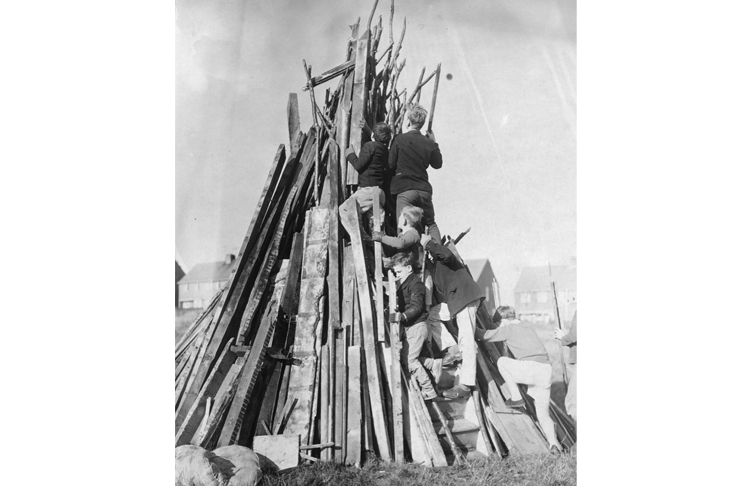‘White guilt’ is one of the concepts lying behind the proposed Indigenous Voice. When Prime Minister Albanese announced he had rejected the suggestion of his own Attorney-General that the extreme language of the Voice referendum posed legal constitutional risks (and possibly the advice of the Commonwealth Solicitor-General saying the same thing – although this is being kept secret) he did so by weeping on camera and assuring Australians that if they vote Yes ‘you will feel better.’ Similarly, Nikki Gemmell, writing in the Weekend Australia, advocated a Yes vote by saying, ‘How will we feel as a nation after we vote for the Voice?’ She says if it doesn’t pass we will feel as a nation, ‘Embarrassed, ashamed and small….’ It is possible this focus on feelings is based on the unexamined assumption that all white people are guilty of racism because earlier generations of white people were racist, and such guilt is inherited. There is no reasoning offered (no ‘thinking’, only ‘feeling’ is allowed) so it is worthwhile asking if the expression ‘white guilt’ is linguistically and philosophically coherent. The Oxford English Dictionary finds the term ‘white guilt’ occurring as early as 1947, and says the expression is American in origin and means the ‘remorse or shame felt by a white person with respect to [historical] racial inequality and injustice’.(Note: ‘felt’– this is about ‘feeling’ not ‘thinking’ or ‘reasoning’.) But the question is: does it make sense to tell one generation to feel guilty over the actions of previous generations – actions that happened before they were born? If your grandfather committed murder, does that mean you inherit some sort of ‘murder guilt’? Under what system of ethics or moral philosophy does ‘guilt’ pass down the generations like red hair? I can’t see how utilitarianism (or any sort of consequentialist ethics) could justify the imposition (or the feeling) of such guilt. Nor can I see how Kantian ethics (or any form of deontological ethics) could support this concept. I think that ‘white guilt’ is linguistically and philosophically incoherent. What am I missing here?
The other day, just out of the blue, I remembered a phrase from my childhood: ‘bonfire night.’ It was the night we were allowed to build a big bonfire in the backyard and let off a lot of fireworks. The night was also called ‘cracker night’ – since ‘crackers’ was another name for fireworks. Interestingly, the Australian National Dictionary records ‘cracker night’ but not ‘bonfire night.’ However, my memory is that both were used interchangeably. Here’s my question: when was this held? The Australian National Dictionary is unhelpful at this point because it says that ‘cracker night’ was held to celebrate Empire Day and Guy Fawkes Day and later Commonwealth Day and then the Queen’s official birthday. But surely they were all different dates? 5 November marks the day Guy Fawkes was caught attempting to blow up the Houses of Parliament. Commonwealth Day (formerly Empire Day) is usually held on the second Monday in March. While the Queen’s official birthday was the second Monday in June. So, when was ‘bonfire night’? Of course, each of the states and territories have since banned the sale of fireworks to the public – making our backyard ‘bonfire nights’ illegal. I understand why – each year kids would blow off their fingers playing with crackers. The big tuppeny bungers were especially lethal. Still, I miss ‘bonfire night’ – something my grandchildren would love, if only they had the chance.
Got something to add? Join the discussion and comment below.
Get 10 issues for just $10
Subscribe to The Spectator Australia today for the next 10 magazine issues, plus full online access, for just $10.
Contact Kel at ozwords.com.au
You might disagree with half of it, but you’ll enjoy reading all of it. Try your first month for free, then just $2 a week for the remainder of your first year.














Comments
Don't miss out
Join the conversation with other Spectator Australia readers. Subscribe to leave a comment.
SUBSCRIBEAlready a subscriber? Log in